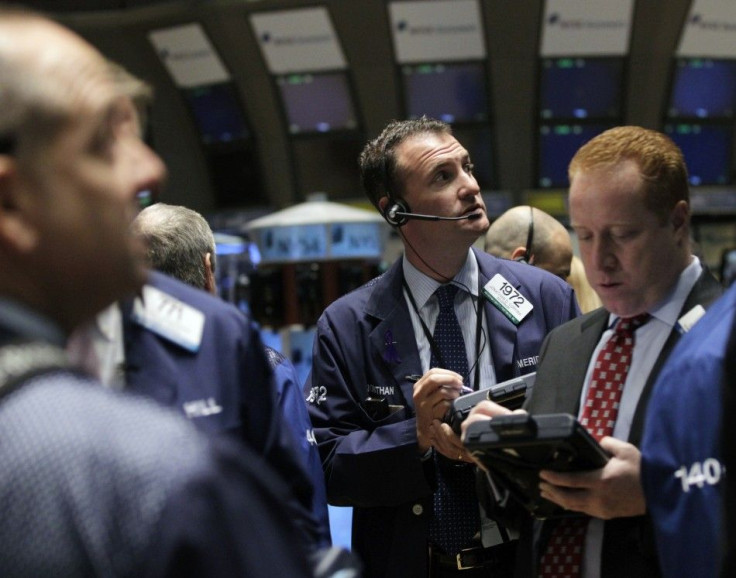With No Deal Yet, Markets Brace for U.S. Default
Analysis

If urgency concentrates the mind, then Democrats and Republicans will be focused, as the approaching default deadline has created the utmost urgency.
Financial markets have already started to react to the possibility of a U.S. government default: most global stock markets sold-off Wednesday about 1 percent, and there were signs of jitters in the bond and currency markets. On Thursday at mid-day, Europe's market was down about another 1 percent, and Asia's markets were down about 1.25 percent in afternoon trading.
Here's is where the debt deal impasse stands on Thursday morning: the U.S. House will likely vote on Speaker John Boehner's revised bill, which will call for at least $1.2 trillion in spending cuts.
The problem with Boehner's bill is that Tea Party members want deeper cuts, along with a clause that calls for a balanced budget amendment and that sends that amendment to the states for evaluation.
Boehner's bill also faces a tough-fight in the U.S. Senate, where Democrats are in the majority. What's more, White House officials say President Barack Obama will veto the bill, in the event that it is approved by the Senate.
Meanwhile, on the Senate side, Majority Leader Harry Reid, D-Nev., will likely continue his push for a larger spending reduction package, probably calling for at least $2.2 trillion in cuts, and with revisions designed to win bipartisan support, The Washington Post reported Thursday.
All of the above occurs as the clock continues to tick down to Aug. 2 at midnight, when the U.S. Treasury runs out of money unless Congress agrees to raise the debt ceiling. What's more, even if a late compromise emerges, the U.S. still could lose its top-notch credit status if ratings agencies aren't convinced it has done enough to address its bulging debt burden.
The White House has warned of "catastrophic" consequences if a deal isn't reached by Aug. 2, and they've so far rejected the idea that Obama could invoke an obscure constitutional clause in the 14th ammenment to raise the debt limit.
Political/Public Policy Analysis: If Speaker Boehner's bill can result in a modified, bipartisan bill that is aggreeable to Democats, or if it at least raises the debt ceiling, it's worth his effort.
If it does neither, Boehner's bill simply wastes more time: leaders from both sides of the aisle need to compromise, find common ground, and do what's in the interest of nation. Financial markets have aleady started to react: further delays will rattle bond, stock, and currency markets.
At this late juncture the most prudent action appears to be having the 'Sensible Senate' create a hybrid debt deal plan, something totaling about $2.5 billion in budget cuts with a comparable debt ceiling increase, with a 12-member, bipartisan commission appointed to identify additional cuts. The commission would have broad powers.
But that bill hasn't surfaced yet. With the aforementioned in mind, on a scale of 0 to 100 percent, the likelihood of a U.S. government default has been increased to 45 percent on Thursday morning, up from 40 percent Wedensday night.
© Copyright IBTimes 2024. All rights reserved.





















